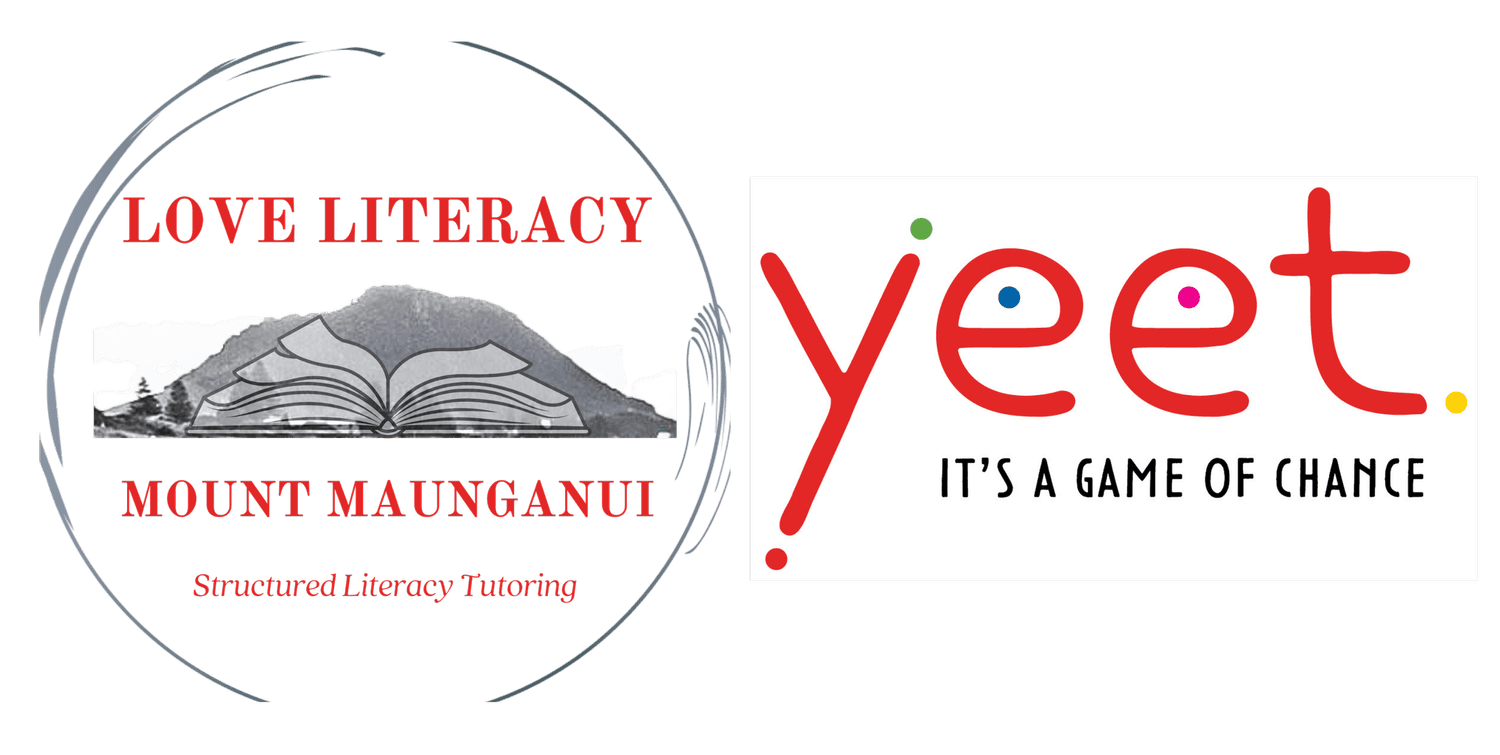Sharing Best Practice Wellington
Sharing Best Practice – Wellington 2023.
Here is my second post from SBP Wellington. I attended the breakout workshop put together by Jason Barkle, the Year 7&8 teacher at Tawa School. I chose to attend this workshop as currently I am working with several students from Year 6 through to Year 9, and I thought it would be good to explore the perspective of teaching this age group from a classroom teacher. Please note, these are my notes from the day, Jason covered this topic in much more depth.
Jason covered these key components for setting students up for success:
* Knowledge and Sequence
* Gradual Release model
* Spaced Practice
* Understanding Cognitive Load Theory
* Understanding Ebbinghaus’s Forgetting Curve
Knowledge and Sequence – It’s important to ensure that students have foundational skills in place in order to build on previous learning. Foundational skills in literacy are the building blocks of reading and writing, and enable students to comprehend text.
Gradual Release Model – I do, we do, you do. This model supports students in mastering what they need to learn, nurtures self-efficacy, and supports reducing task anxiety. One thing to consider, you may need much more of the ‘we do’ than you think.
Spaced Practice – This is important. It’s the regular review of skills in order to combat the forgetting curve. We need to ensure that information learned is passed from the Short Term Memory to the Working Memory for long-term retrieval.
Cognitive Load Theory – At the most basic level, we need to be aware of the limited capacity of mental storage. There is only so much ‘new information’ we can take on before our brain effectively says ‘enough’ and can not take on any more.
Ebbinghause Forgetting Curve – Memory weakens over time, and the biggest drop in retention of new information comes soon after learning. That is why it is important to understand Cognitive Load Theory and provide plenty of Spaced Practice in order to move information into our long-term memory for retrieval purposes.
Jason’s top tips:
*Engagement for Year 7/8’s is key!
*Keep learning short, sharp, and effective
*Ensure you are using the Gradual Release Model
I really enjoyed this workshop. Here are the things I brought back to my practice:
*Engagement with funny and interesting vocabulary to increase engagement
*More ‘we do’ activities including brainstorming together for our writing-based part of the lesson
*Lessons moving from the table to the whiteboard to ensure engagement
*Making use of vocabulary games to bring in a fun element
Overall, working with Year 7s and 8s is really rewarding, and I love how I can bring in higher-level vocabulary and word study almost immediately with this age group.
